Volunteers Work to Reduce the Number of Fatalities along the US-Mexico Border
Posted:
Time to read:
Guest Post by Anjuli Peters. Anjuli is an undergraduate student at Pitzer College, a member of the Claremont Colleges in Claremont, California. As a legal studies and sociology dual major, her research interests include immigration removal centres, criminal law, and decision-making processes in the criminal justice system. In this post, Anjuli Peters interviews Enrique Morones, founder and director of Border Angels, a nonprofit advocacy group that works to reduce the number of fatalities occurring along the Mexico-US border.
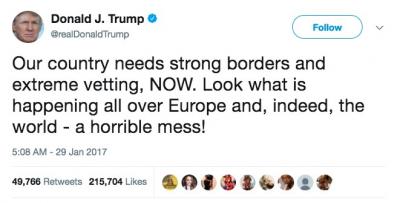
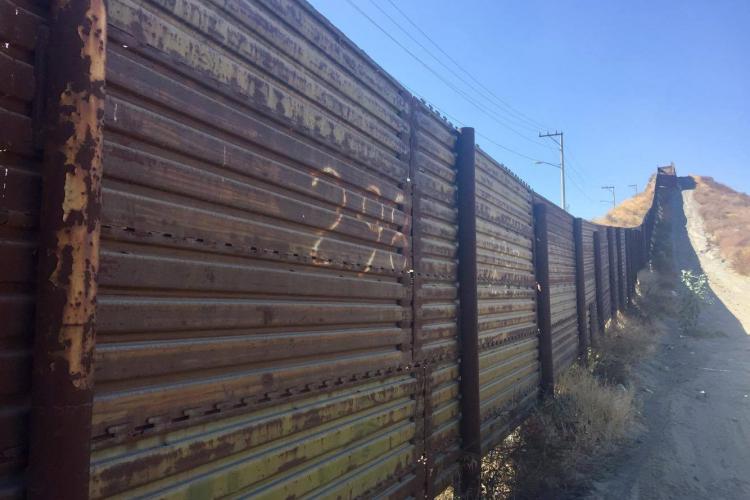
The dangers of crossing the border remain the central focus of a nonprofit volunteer group called Border Angels, whose mission is to reduce the number of fatalities occurring along the US-Mexico border. This year, reports indicate that border crossing deaths are highest during the month of July, when seasonal temperatures are at their highest. In response, Border Angel volunteers travel through the California desert to place gallons of water along high-traffic migrant paths.
In my interview with Border Angels founder and director Enrique Morones, he describes the challenges that accompany his advocacy work, including establishing a professional relationship with border patrol and dispelling commonly-held myths surrounding immigration.
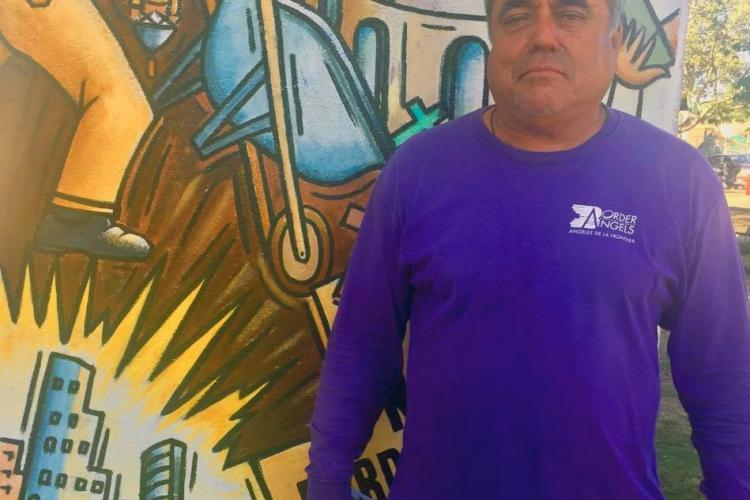
Q: Your organization takes regular trips to the desert to place water along migrant crossing routes. What inspired the idea of conducting regular water drops?
I started the organization back in 1986 when there was no wall. However, a couple of years after the wall was built, we saw a rise in the number of border crossing fatalities. In 1996 we began regular trips into the desert to place water stations. When it first started we used to have volunteer groups of 20 or 30 people, but with the Donald Trump administration we now get groups of 400 people. During a water drop, each volunteer group brings a couple of gallons to water to place along areas where migrants have died or might be crossing through.
Last year several hundred migrants died along the US-Mexico border, while over 5,000 died crossing into Europe. It is a desperate situation around the world. What we need is people going out there trying to save lives, whatever that might entail. It might be a water drop in the United States or going to the Mediterranean to rescue people at sea. We encourage people to participate however they can.
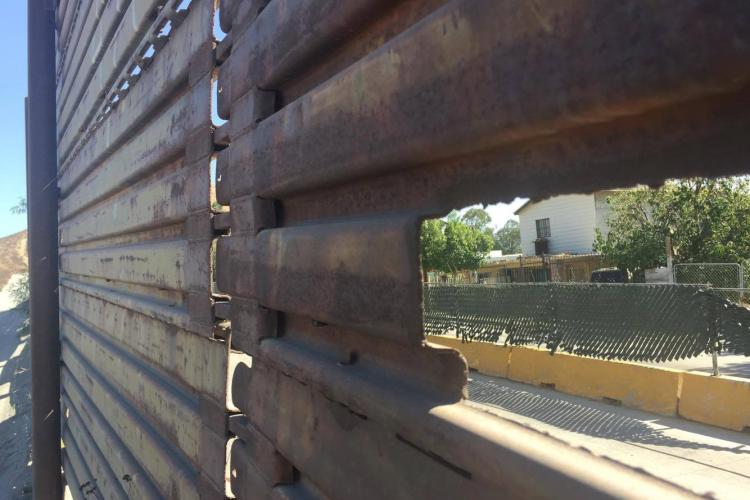
Q: As an advocate for immigration reform, how would you describe your relationship with border patrol and immigration removal officers?
We have established a professional working relationship with law enforcement. Border patrol knows when we are in the desert putting out water because they need to know -- they are going to figure it out anyways. Communication is important so that they do not mistake us for a renegade group that could cause problems. A professional relationship also allows us opportunities to organize other events, such as when we convinced border patrol to open up the border at Friendship Park to reunite families and loved ones divided by border. We would never have these opportunities if we did not have the relationship with border patrol that we do. It is a professional working relationship that I believe is very important.
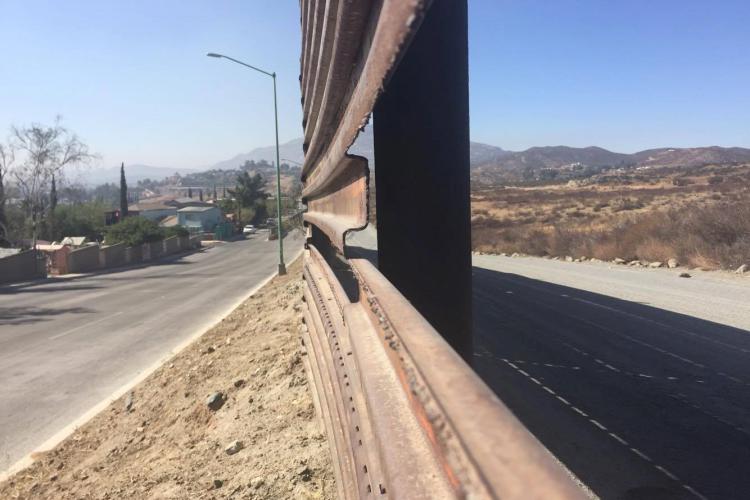
Q: Border Angels also works to dispel the various myths surrounding immigration in the United States. What are some of the challenges that accompany this work?
One of the biggest challenges that we have is for people to know the truth about the immigration situation. I often hear, ‘I have nothing against immigration, but they need to get in line.’ These people do not understand that there is no easy line to get into the United States. People seem to think that there is a clear way to get into the country and migrants are just circumventing the system and taking shortcuts. Nothing could be further from the truth. Often, people do not qualify for visas and that is why they risk their lives crossing through the desert.
Also, the idea that everyone wants to come into the United States could not be further from the truth. Millions of other people are crossing borders around the world looking to provide for their families. It is not about coming to the United States -- it is about being able to survive.
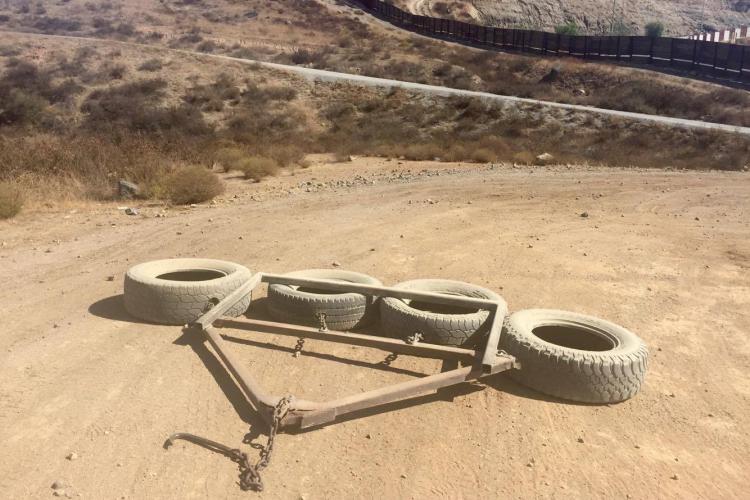
Q: Your organization is selective in the protests that it chooses to participate in. Can you elaborate upon this ‘non-confrontational’ approach?
Every situation is a bit different. Currently, President Donald Trump wants attention for a lot of his crazy ideas. We do not want to bring more attention to them. For example, we have decided not to protest Trump’s border wall prototypes because that is exactly what he wants. He wants people to make a lot of noise so that he can say, ‘You see, these guys are violent.’ We are against the prototypes as much as we are against the idea of a wall. However, rather than physically protest, we have decided to protest with letters and statements. Any confrontations that we have are peaceful and done in a creative manner. Right now we think that the best protest is by not being there.
Any comments about this post? Get in touch with us! Send us an email, or post a comment here or on Facebook. You can also tweet us.
__________
How to cite this blog post (Harvard style)
Peters, A. (2017) Volunteers Work to Reduce the Number of Fatalities along the US-Mexico Border. Available at: https://www.law.ox.ac.uk/research-subject-groups/centre-criminology/centreborder-criminologies/blog/2017/11/volunteers-work (Accessed [date]).
Share:








